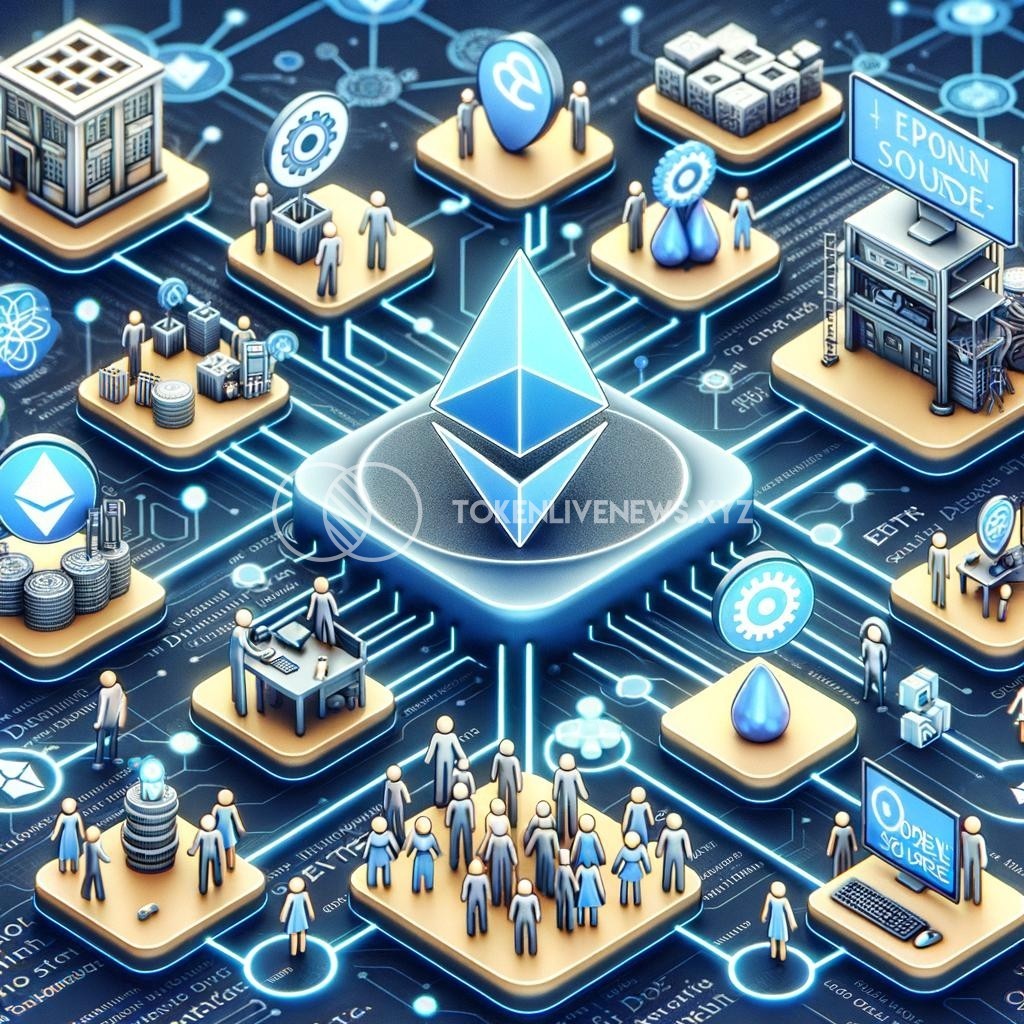How are DAOs Unleashed? Exploring Decentralized Autonomous Organizations on Ethereum
Introduction
Decentralized Autonomous Organizations (DAOs) have emerged as a groundbreaking concept in the world of blockchain technology. Utilizing the Ethereum blockchain, DAOs are transforming traditional organizational structures and introducing a new wave of decentralized decision-making, transparency, and accountability. In this article, we will delve into the intricacies of DAOs and explore how they are unleashed on the Ethereum platform.
Decentralized Autonomous Organizations: An Overview
To understand how DAOs are unleashed on Ethereum, let’s start by getting a clear understanding of what a DAO actually is. A DAO can be thought of as a digital entity that operates autonomously, without the need for centralized control. It is governed by pre-programmed rules and smart contracts stored on the Ethereum blockchain.
Unlike traditional organizations, DAOs allow participants to have a direct say in decision-making processes. Voting rights are distributed among token holders, enabling them to propose, discuss, and vote on proposals, forming an integral part of the decentralized governance model. Transparency is at the core of DAOs, as all transactions and decisions are recorded immutably on the Ethereum blockchain.
Unleashing DAOs on Ethereum: The Role of Smart Contracts
The Ethereum blockchain acts as the foundation for the creation and operation of DAOs. Smart contracts, which are self-executing agreements written in code, play a crucial role in governing the rules and actions of DAOs. These contracts are stored on the Ethereum blockchain and are accessible to all participants.
Through smart contracts, DAOs define their governance structures, token distribution mechanisms, and decision-making processes. This allows for the creation of rules that facilitate trust, smooth execution of proposals, and transparency. Smart contracts ensure that decisions are implemented without the need for intermediaries, creating a truly decentralized environment.
Advantages of DAOs on Ethereum
DAOs bring several advantages that make them a compelling alternative to traditional organizations. Firstly, DAOs unlock global participation, as they are not limited by geographic boundaries. Anyone with an internet connection can join a DAO and actively participate in its decision-making process. This inclusivity fosters diverse perspectives and brings together a global community with a shared vision.
Secondly, the transparency of DAOs is a game-changer. All transactions, proposals, and votes are recorded on the Ethereum blockchain, making them auditable and publicly available. This level of transparency builds trust and allows for greater accountability among participants, as no decision can be altered or manipulated without leaving a trace.
Moreover, the security aspect of Ethereum’s blockchain ensures the immutability and tamper-proof nature of DAOs. Transactions and smart contracts, once validated and recorded, cannot be altered retroactively. This enhances the overall reliability and trustworthiness of the DAO ecosystem.
Challenges and Future Prospects
While DAOs offer immense potential, there are challenges that need to be addressed. One major challenge is the occurrence of critical bugs or vulnerabilities in smart contracts, which can lead to unforeseen consequences and potential financial losses for participants. Thorough code auditing and rigorous security measures are crucial to mitigating these risks.
Additionally, DAOs face regulatory uncertainties in many jurisdictions. The lack of legal frameworks and clear guidelines for DAOs can create barriers to their widespread adoption. Collaborative efforts between regulators, developers, and the community are needed to establish a regulatory environment that fosters innovation while protecting the interests of participants.
Conclusion
DAOs represent a paradigm shift in organizational structures, providing a decentralized and transparent approach to decision making. Unleashed on the Ethereum blockchain through smart contracts, DAOs have the potential to revolutionize industries and reshape traditional governance models. While they face challenges, stakeholders must collectively navigate these hurdles to unlock the vast potential and future prospects that DAOs hold.







